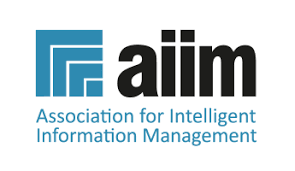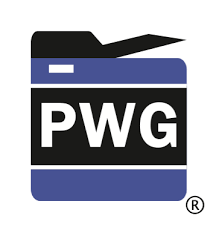These are the people behind Y Soft
We’re YSofters–we’re here to help businesses and their people build better ways of working.

Our Mission
By simplifying and automating everyday work, Y Soft clears the path for businesses to focus on what matters.
Y Soft at a glance
 190+
190+
Countries
 350+
350+
Colleagues
 30,900+
30,900+
Customers
Y Soft Milestones
2024
2023
2022
2020
2019
2018
2017
2016
2015
2014
2013
2012
2011
2010
2009
2008
2007
2006
2004-2005
2003
2000-2002
2024
In 2024, Y Soft take deliberate steps to bring customers closer to the development of our print solutions, introducing a new Beta Program.
With customers at the forefront, we also introduced a new cloud-standard Service Level Agreement (SLA), that highlights user experiences over technical metrics, focused on covered experiences and service availability.
Our manufacturing facilities received the ISO 9001:2015 certification and, in June 2024, our certifying body completed an ISO 27001:2013 audit for Y Soft, resulting in re-certification.
In August, Y Soft Ventures reached a memorable milestone, seeing their first venture exit by Sewio. The cooperation between Sewio and Y Soft started in 2015 and has since empowered Sewio to fuel global ambitions.
Towards year-end, the European Investment Bank (EIB) and Y Soft announced a partnership where Y Soft secures €30 million in venture debt for research advances. An official signing ceremony took place on 7 November at Y Soft’s HQ in Brno.
2023
In 2023, we zeroed in on our cloud print offering.
In April 2023, we announced the rebranded, recalibrated YSoft SAFEQ Cloud®. By June, we released enhancements across connectivity, performance, and security; including cloud scanning and pure cloud terminals for multiple print manufacturers.
By July, the company received an updated ISO 27001:2013 certification, a testament to our meticulous attention to security in both our facilities and office solutions.
We were honored to welcome the Czech president for a visit to our HQ and Hardware facility. And speaking of Hardware... This division introduced an initiative to more strategically provide manufacturing services for startups via our Ventures arm.
To round off the year, we launched our No Print Management Podcast, where we talk to our partners about customer needs and the future steps in printing.
Lastly, we were awarded the 2023 HPWS Agility Award.
2022
Y Soft continues to grow as we embrace our aim and ambition to become a cloud-first office solutions provider. In July 2022, we acquired EveryonePrint, a Danish cloud print software provider based in Copenhagen.
With the acquisition, we were able to amplify and speed up our cloud offering availability. We welcomed Tavs Dalaa, previous CEO of EveryonePrint, to our team as our new Chief Technology Officer (CTO), along with a great team of cloud developers, frontline team members, and support staff.
With a vision to help businesses and their people build better ways of working, we introduced YSoft AIVA, our robotic solution for automating device testing, configuration, and improvement workflows.
In November 2022, Y Soft received the Managed Print Services Association (MPSA) 's' Best MPS Innovation Award ‘Best MPS Innovation Award.
2020
We announced our SAFEQ Cloud family of print management services in mid-July and our commitment to a Cloud-first future.
Next, in close collaboration with Microsoft, YSoft announced the YSoft OMNI Series, a new and cost-effective way to deliver simplified cloud printing to older printers already in use.
As a global pandemic radically changed the business landscape, Y Soft embraced an urgent application for our 3D print technology. In the Czech Republic and worldwide, Y Soft employees created face shields for healthcare workers to use with or in place of scarce N95 masks.
Finally, it was time to celebrate our 20th birthday as an innovative global technology company, a rowdy and joyous occasion for employees, partners, and customers alike.
2019
The company’s product portfolio grew with the addition of Embedded Terminal for Brother, a patent-pending new card reader, the USB Card Reader 3 MFX, and a new 3D curriculum resource, BE3D Academy.
Y Soft also outlined its Cloud First strategy for developing new products and services. The first outcome was announced in late 2019 as a beta program that combined cloud hosting with edge computing.
The company’s growth necessitated larger offices in the UK and China, including a warehouse for Y Soft’s hardware portfolio to serve the Chinese market specifically. Y Soft Ventures, the company’s venture arm, announced a new fund and awarded its first recipient, NenoVision, followed shortly after that by VRgineers.
Y Soft became a finalist in the prestigious Czech awards, Roku Firma 2019, in the Vodafone Regional Finalist Company of the Year in the South Moravian Region category.
2018
The reach of YSoft SAFEQ expanded with embedded versions for Epson and HP multifunction devices. The IOTA Hardware Division was formally announced, recognizing the growing demand for Y Soft hardware solutions. Quocirca recognized Y Soft as having innovative products/solutions that support secure, digital workflows in the mobile, cloud-enabled future workplace.
YSoft Lab’s work in robotics for testing automation has proven that (wo)man and machine can work well alongside each other when the machine takes care of repetitive tasks, letting employees focus on the more interesting aspects of work.
Y Soft CEO Vaclav Muchna was honored to receive the Centennial Award from the US Embassy in Prague for the development of Czech-American economic ties. Y Soft also formalized its Corporate Social Responsibility (CSR) strategy, a 4-pronged approach designed for social good, transparency, and a competitive business environment.
2017
A new R&D center in Ostrava, Czech Republic, was established in June, and Y Soft China Ltd., a new subsidiary, opened in August in the Shanghai District Technology Development Center to support growth in China, the world’s second-largest market.
In Brno, Czech Republic, Y Soft’s manufacturing, logistics, and shipping staff moved their operations out of headquarters offices into a nearby, larger area in November. The new facility allows for a larger volume capacity in manufacturing YSoft SAFEQ hardware in addition to prototyping and testing new designs for our R&D teams as they work on new innovations in YSoft Lab projects.
2016
With the introduction of YSoft SAFEQ 6, our flagship enterprise print management solution becomes a platform. As a platform, it now includes document capture, 3D print management, and print management. YSoft SAFEQ is also integrated into YSoft BE3D eDee, the first 3D solution that combines a 3D printer with print management, workflow, and an accounting system.
2015
Y Soft became the first company to offer print management as a subscription service for all significant multifunction devices. YSoft SAFEQ has expanded to support mobile devices such as Mac laptops, smartphones, and tablets on the iOS and Android platforms. Y Soft also introduced SaaS pricing for its software and support services, enabling the use of YSoft SAFEQ on a pay-as-you-go model.
2014
A new version of YSoft SAFEQ 5 was released, complete with a range of new features and enhancements. We bought a majority stake in be3D, a company that develops and manufactures 3D printers, expanding our portfolio to include 3D printing. We set up Y Soft Ventures, a venture capital fund to support innovative projects. Y Soft won the CzechInvest "Investor of the Year" award in the IT and Shared Services category in 2013.
2013
We acquired Equitrac Systems of Australia and established an office in Dubai. We became the first company to provide print management solutions with offices worldwide and customer service in all time zones.
2012
The updated YSoft SAFEQ 4 included revolutionary features such as Print Roaming, Private Cloud, and Mobile Printing. The Brno headquarters relocated to a new building with a stylish work environment fostering employee satisfaction and creativity.
2011
We established an office in Miami, Florida, to support the customers and partners in Central and South America. Y Soft invested significantly in expanding a quality assurance (QA) department for testing.
2010
We introduced the new YSoft SAFEQ Terminal UltraLight and YSoft SAFEQ Terminal Professional with a full-color display. Václav Muchna received the "Technology Entrepreneur of the Year" award for the Czech Republic and "Entrepreneur of the Year" for the South Moravian region.
2009
We introduced the new YSoft SAFEQ Terminal UltraLight and YSoft SAFEQ Terminal Professional with a full-color display.
2008
We developed a USB card reader to facilitate card authentication on integrated terminals. Y Soft established new offices in Japan and Israel. The acquisition of XpertImage resulted in the establishment of a key US market office in the Dallas, Texas, area.
2007
We launched the remote server (RS), a predecessor of the offline remote spooler (ORS), to provide large corporations and institutions with offices worldwide with an efficient system for transmitting print tasks and centralized print management and reporting services.
2006
Thanks to the enormous success of the YSoft SAFEQ Terminal Professional, we were able to buy a production line. In addition, to further improve our terminal hardware, we developed the first integrated terminal for multifunction printers. Ernst & Young presented Václav Muchna with the "Emerging Entrepreneur of the Year" award.
2004-2005
SmartQ was renamed YSoft SAFEQ. We introduced a revolutionary hardware terminal, the YSoft SAFEQ Terminal Professional, with a large touch screen and integrated proximity card reader.
2003
We introduced SmartQ, software designed to control the printing and copying process, and YSoft SAFEQ's predecessor. SmartQ enabled secure printing through a server, copying based on SNMP communication with the printer, blocking printing functions, and charging for printing services. Y Soft was the first company in the world to introduce this precise charging system.
2000-2002
Y Soft was founded in 2000 as part of a student project at Masaryk University in Brno. After several failed projects, the new company secured a key order. We developed the first application enabling the authentication of printer users using a card reader—the predecessor of the current Print Roaming module. We found our market niche, thereby focusing our entire development process on controlling access to printed documents using identification cards and readers.
This is who we are
We prioritize innovation & growth
At Y Soft, we’ve made a pact to push boundaries, disrupt traditional industries, and invest in startups that strive to transform the tech world.

We care about our customers
We constantly measure our customer-first strategy to make sure we, as well as our services, live up to our goals and customers’ expectations.
/Valuable%20member.jpg)
We're anywhere you need us
We have offices around the world with dedicated staff who can help you in your time zone and your language. Our software is localized in over 35 native languages.

We manufacture in-house
At Y Soft, we're a one-stop shop. That's why our software offerings are complemented by in-house designed, tested, and manufactured hardware like card readers and terminals. We ensure seamless integration so you can avoid separate support and billing.

We offer a platform for growth
At Y Soft, we deliver our solutions as platforms. This approach lets you take advantage of new functionality easily and when needed. We integrate common resources to eliminate the need for separate purchases. As your company grows, we’re right there with you—with platforms designed to grow at your pace—your way.

Our values
We're accountable
We always strive for quality work and aim to deliver results that exceed expectations.
We're driven
We’ve created a space that fosters confidence to promote and drive ideas. We remain flexible and adapt to changes as they occur.
We're open
All ysofters are encouraged to be open to ideas and welcome new perspectives.
We're energetic
We motivate and challenge others to think outside the box to create new ideas and better solutions.
We're enthusiastic
We cultivate a “can-do” attitude and seek positive results. We learn from failure so we can succeed next time.
We're ethical
Our goal is to deliver results and follow through on all of our promises. We match our behaviors to our words and take responsibility for our actions.
Our Corporate Social Responsibility
We protect our business environment
We’re protecting a transparent and competitive business environment. By focusing on the initiatives needed for the industry to thrive, we encourage a healthy and strong competitive landscape, focused on making a positive social impact.
We support democratic legislation
Businesses and employees need to work under a transparent government that uses legal lobbying to propose, enact, and protect democratic legislation. Y Soft continues to support Rekonstrukce Státu.
We act as a civic society
Y Soft corporate values encourage employees to be ethical, confident, driven, and open. We wish to extend our values outside the company to the local communities where we work and live.
Want to learn more about our Corporate Social Responsibility?
Explore our efforts hereOur people
Our team is truly international and located all over the world. This helps us be closer to our global partners and customers. Our diversity is part of our success in creating innovative and cutting-edge solutions.
%20y%20soft-1%20updatedec27.png?width=2000&name=World_map_(blue_dots)%20Y%20Soft-1%20updated.png)
Leadership Team
Here is how Y Soft makes a difference for businesses like yours
31,000+ Teams Across the Globe Choose Y Soft
More than 31K companies in 190+ countries use Y Soft to power team productivity and accelerate their IT transformation. We support 38% of Global Fortune 500 companies on their digitalization journey 💻
Mark ArmstrongGroup ICT Manager, OMEX Agriculture

The solution is delivering significant cost savings. But importantly, we now understand exactly where we are making those savings. The data is the most powerful part of the solution. The ability to pull reports and analyze how print is being consumed will help us continue to control the cost of print and shape our future decision-making—that’s something we have never had before.
Read moreMichael CookSystem Administrator, The Richards Group

We went from 120 printers to 24. YSoft SAFEQ is a big hit, and we are saving between $1,000 and $1,500 per month. Security is very high. Particularly in an open office like ours, YSoft SAFEQ ensures that prints aren’t sitting where anyone can see them. Users love the print roaming feature. Instead of having to pick up their jobs at a specific printer, their print jobs follow them wherever they are. What’s more, security is no longer a worry.
Read moreKim FaarbækController, NORDJYSKE Medier
After implementing the YSoft SAFEQ 6 solution, the number of inquiries and maintenance tasks for the IT department fell to an absolute minimum. Operations and the stability of the system have also improved. And from a cost savings perspective, we reduced print costs by 20%. In addition to cost-saving benefits, YSoft SAFEQ 6 has significantly improved the work environment for employees. The YSoft SAFEQ 6 Print Roaming feature enables employees to print their jobs at the most convenient printer anywhere in the company.
Read moreJerzy ChmielińskiHead of the Technology Innovation Department, the University of Information Technology and Management in Rzeszów
YSoft SAFEQ 6 has enabled The University of Information Technology and Management in Rzeszów to improve the management of its print ecosystem while providing a service that meets the needs of students from different countries and university staff.
Read morePeople like to work with us
Being appreciated by the clients we work with means the world to us.
Gartner Peer Reviews
“Outstanding Vendor! We are always very happy when dealing with our account representative and customer service representative,” IT admin, Infrastructure and Operations
Read more Gartner Peer Reviews on Y Soft
Customer & Analyst Reviews
We consistently receive a 98% satisfaction rating from our partners, but we strive for 100%!
Awards & recognitions
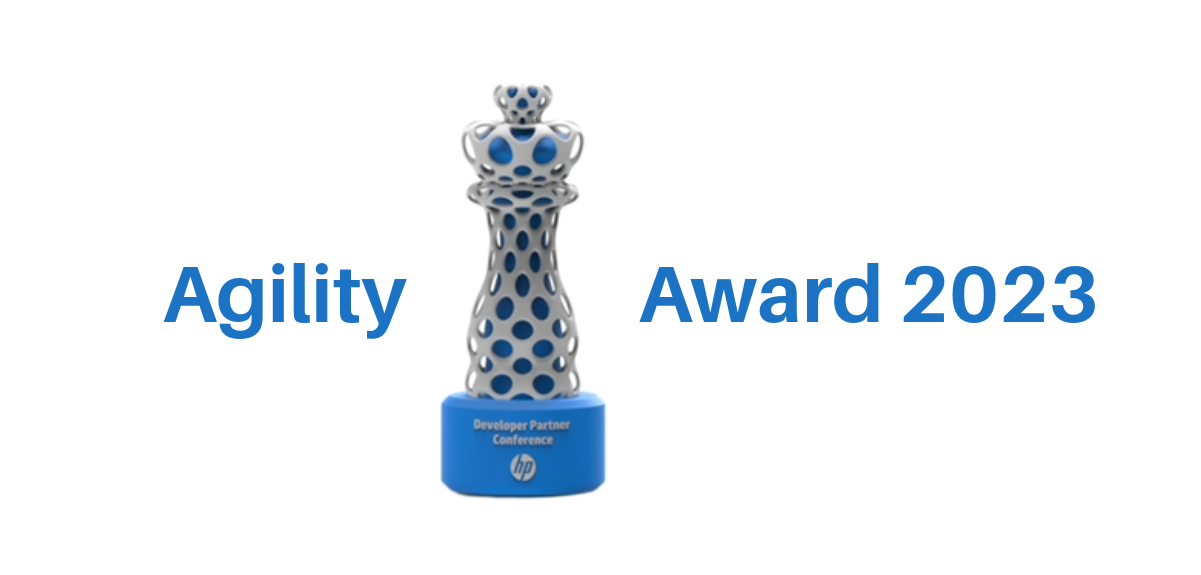
Agility Award
2023 HP Developer Partner Conference

Best MPS Innovation Award
2022 MPSA Leadership Awards
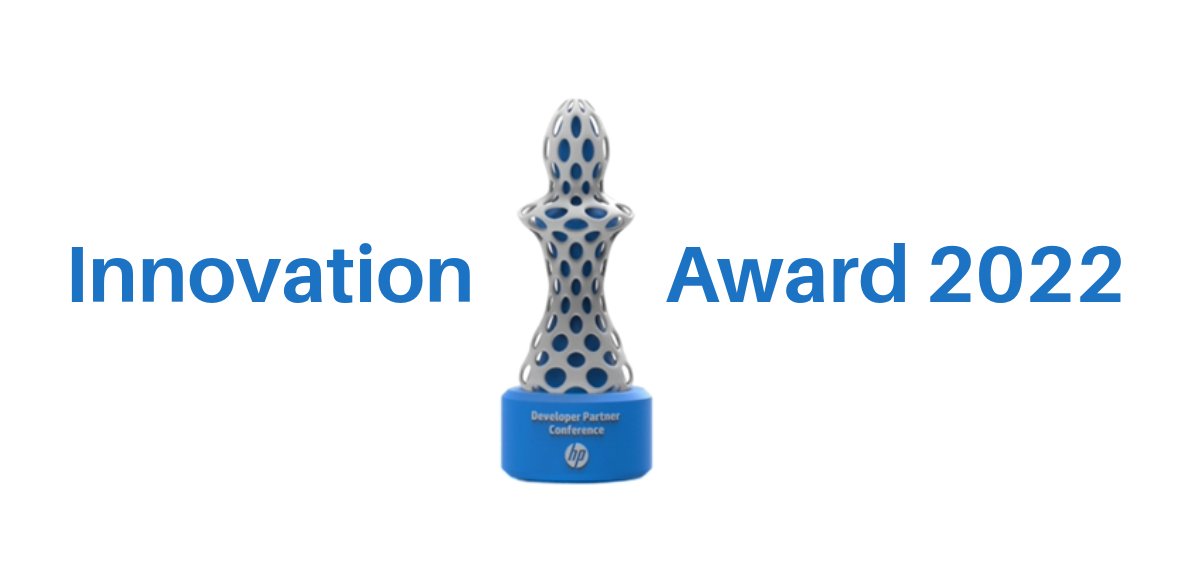
Innovation Award
2022 HP Developer Partner Conference

Cloud Print Management Solution of the Year
2021 PrintIT Awards
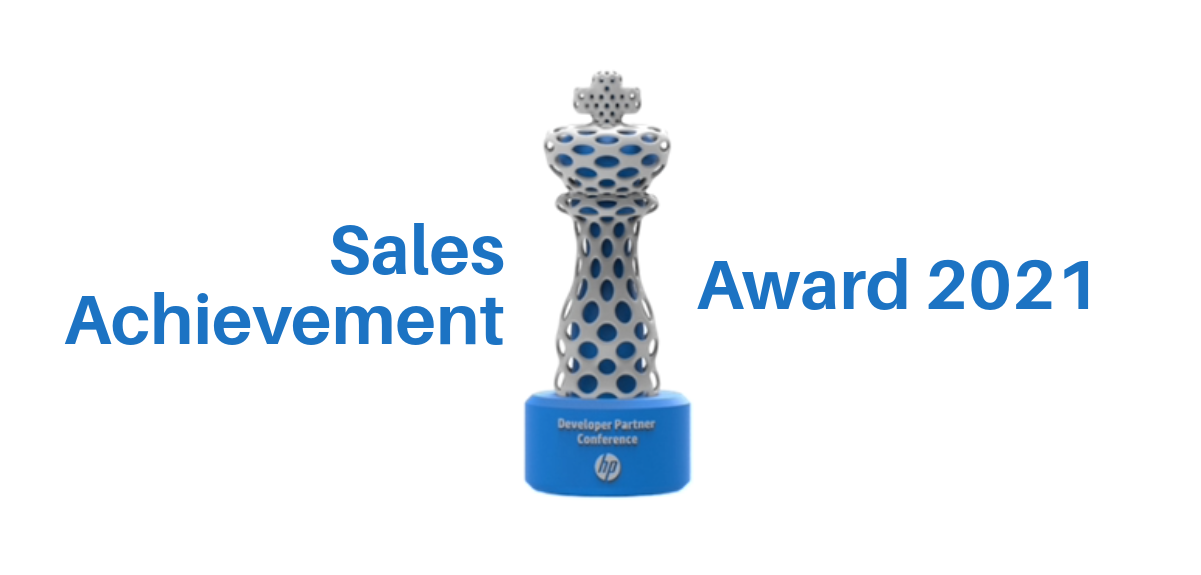
Sales Achievement Award 2021
2021 HP Developer Partner Conference
PrintIT Award for Mobility
2020 PrintIT Awards
Ready to work smarter?
Contact us to learn how we can help your business and people reach their full potential.
Get in touch